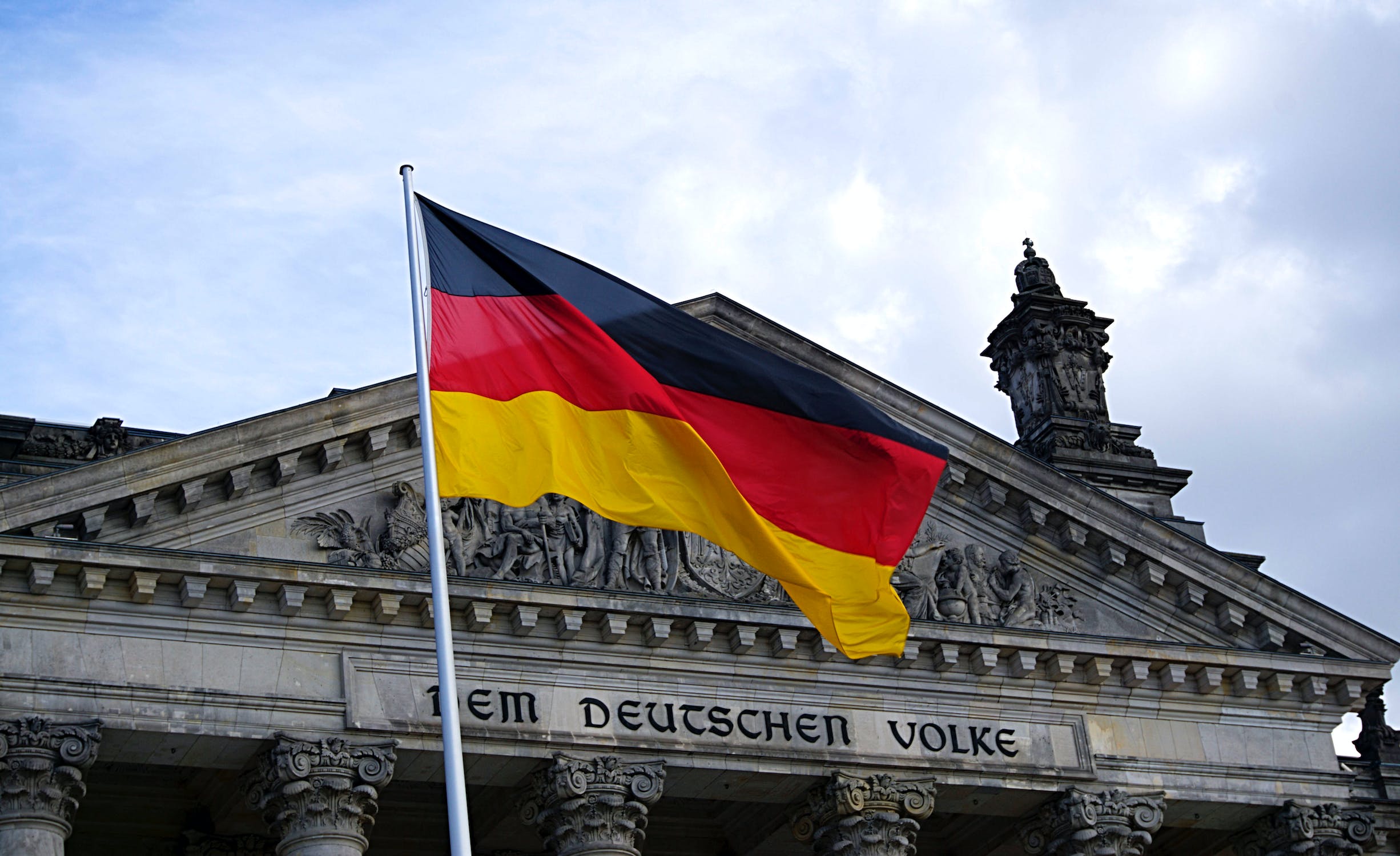Germany's bill that bans new oil and gas heating systems from 2024

Germany is set to ban most new oil and gas heating systems from 2024, as part of its efforts to reduce greenhouse gas emissions.
Germany has recently passed a bill that prohibits the installation of new oil and gas heating systems from 2024. The German cabinet approved the bill on Wednesday, which is intended to lower greenhouse gas emissions by promoting the use of renewable energy. The policy mandates that all new heating systems in the country must use at least 65% renewable energy from 2024, thereby promoting the use of heat pumps, district heating, electrical heating, or solar thermal systems as alternatives to traditional fossil fuel heating.
To facilitate the transition, the government will provide subsidies and exemptions. Residential households will be eligible for a 30% subsidy, with an additional 10% incentive if they opt for a renewable transition earlier than required by law. Additionally, low-income households that receive state benefits will receive an extra 20% subsidy. There are also exemptions and transition periods before full enforcement. For instance, the 65% renewable energy requirement will not apply to homeowners who are older than 80. In such cases, the law will come into force only when the homes are sold or inherited, with a two-year transition period. Homeowners will not be required to replace their heating system if it has been operating for less than 30 years.
Currently, approximately 80% of Germany's building's heating requirement is met by fossil fuels. With the new bill, Germany will be required to shut down its 500,000 km gas distribution network within the next 20 years, making 71%-94% of its existing gas grid redundant.
The German government has set ambitious goals of achieving carbon neutrality by 2045 and reducing emissions by 65% by 2030. The shift to renewable energy is expected to cost the country around €9.16bn ($10bn) annually until 2028. The cost would then reduce by half from 2029, as the country expects a simultaneous expansion of renewable capacity. The Climate and Transformation Fund will provide the funds for the subsidies, with €180bn ($197bn) earmarked for green investments between 2023-2026. The bill subjects violators of the new rule to a fine of €5,000 ($5,481).